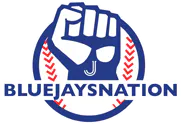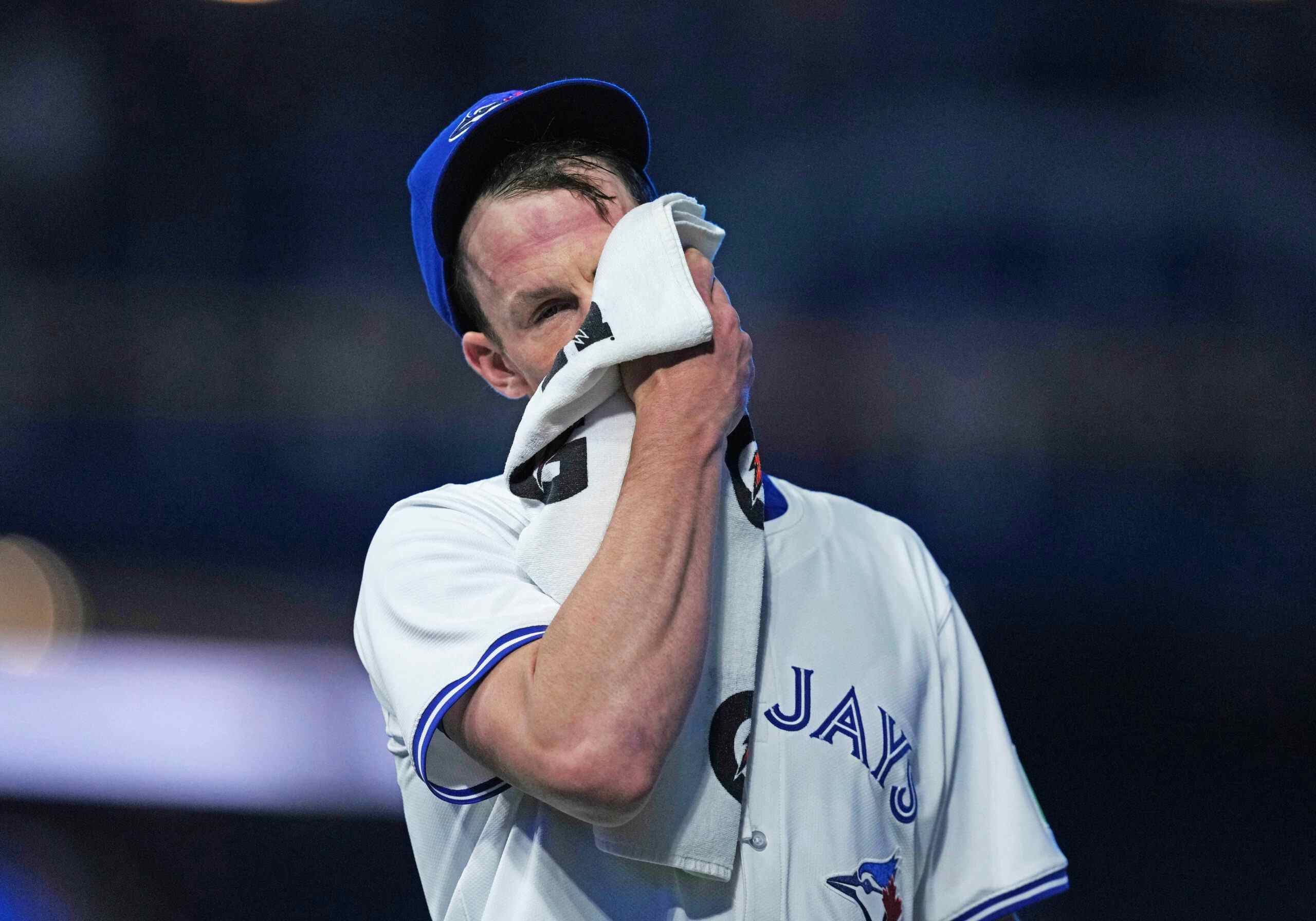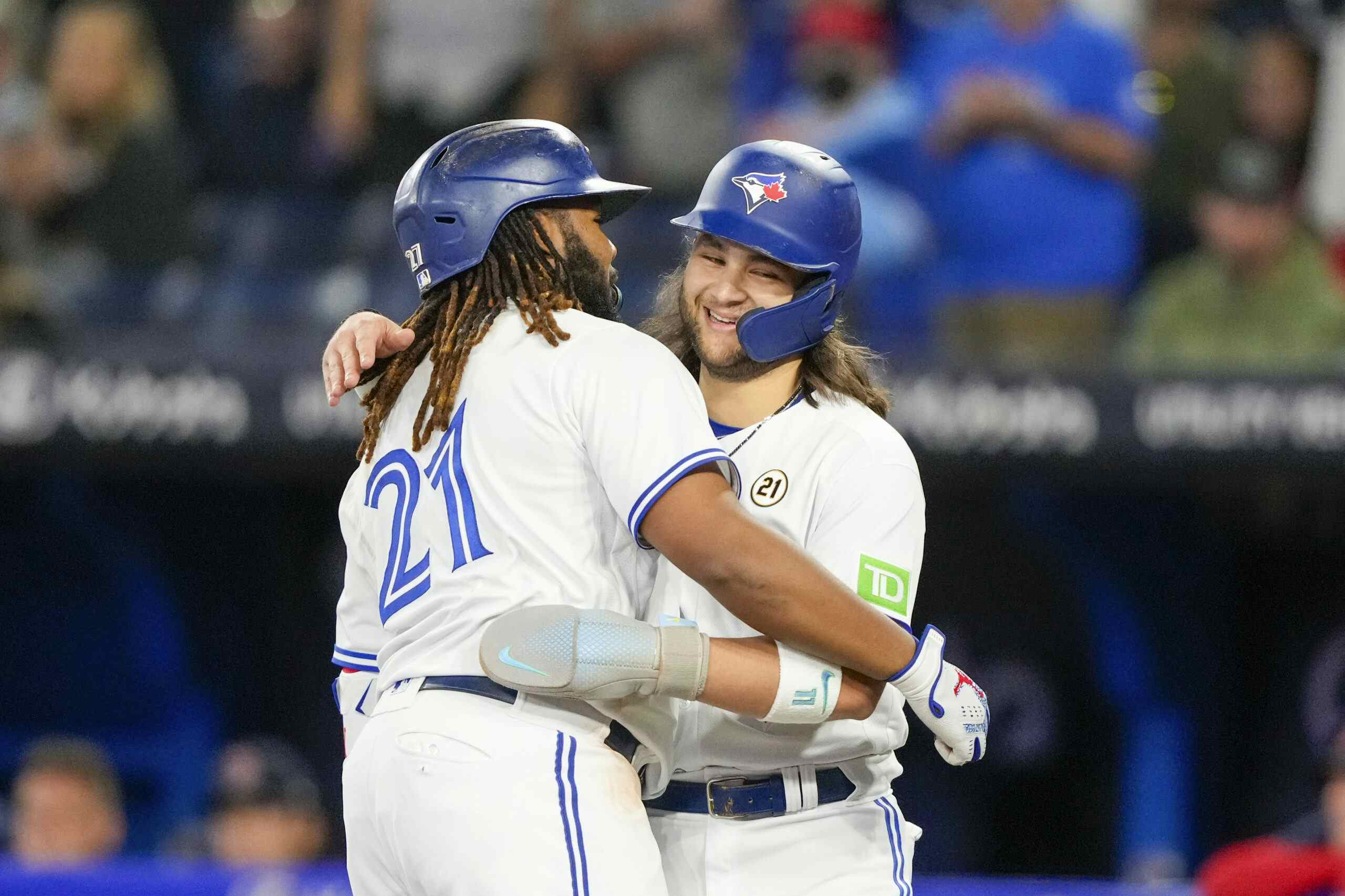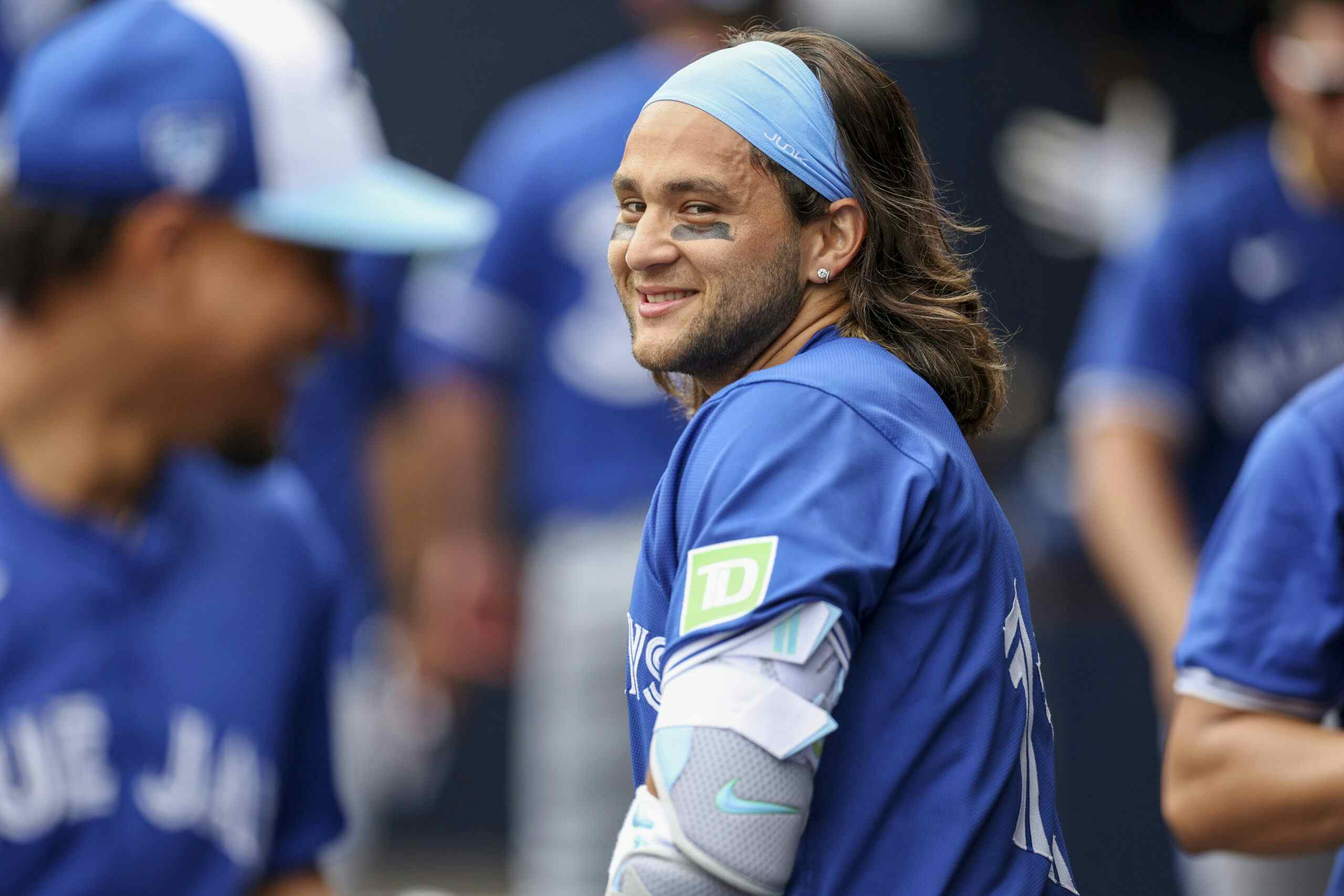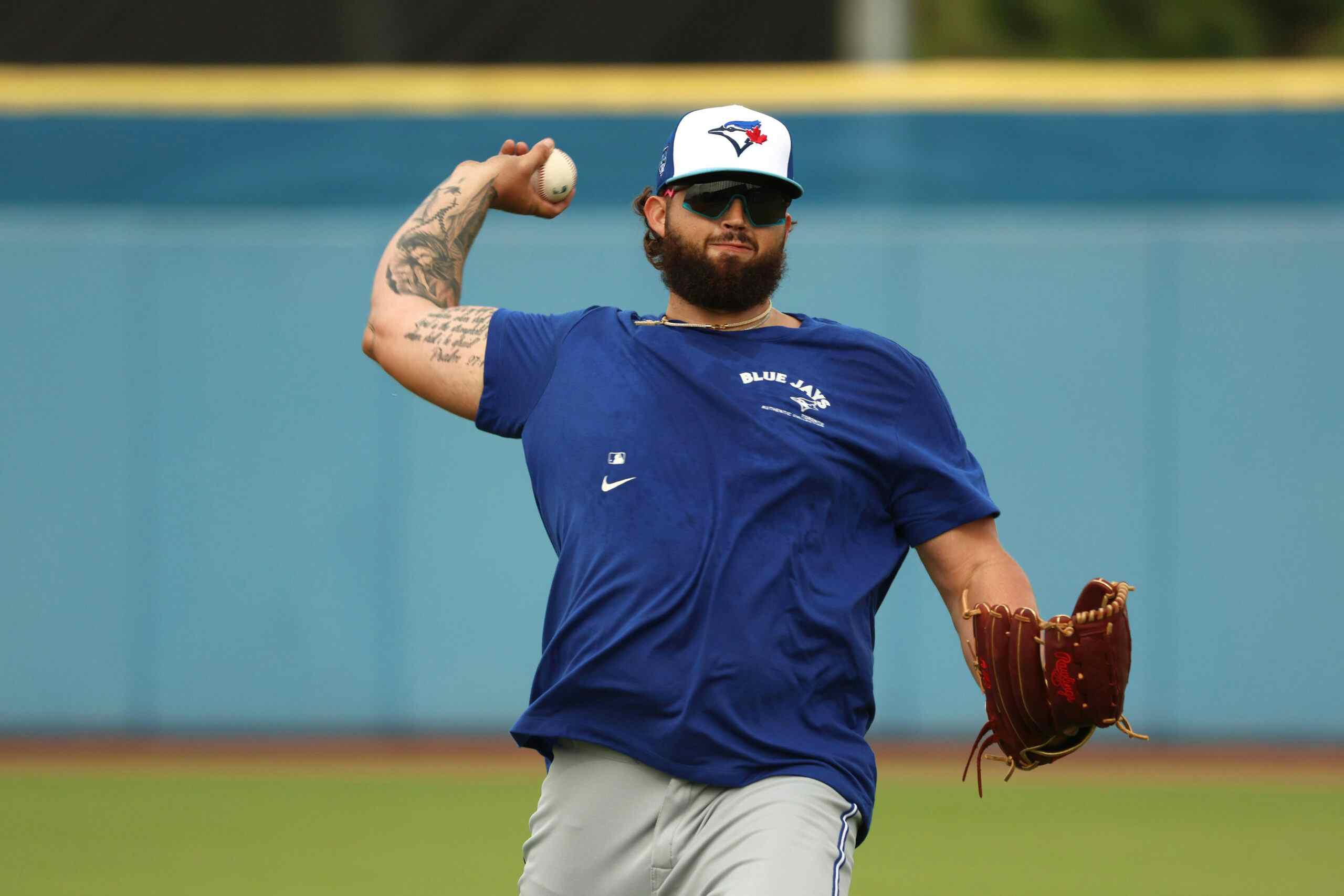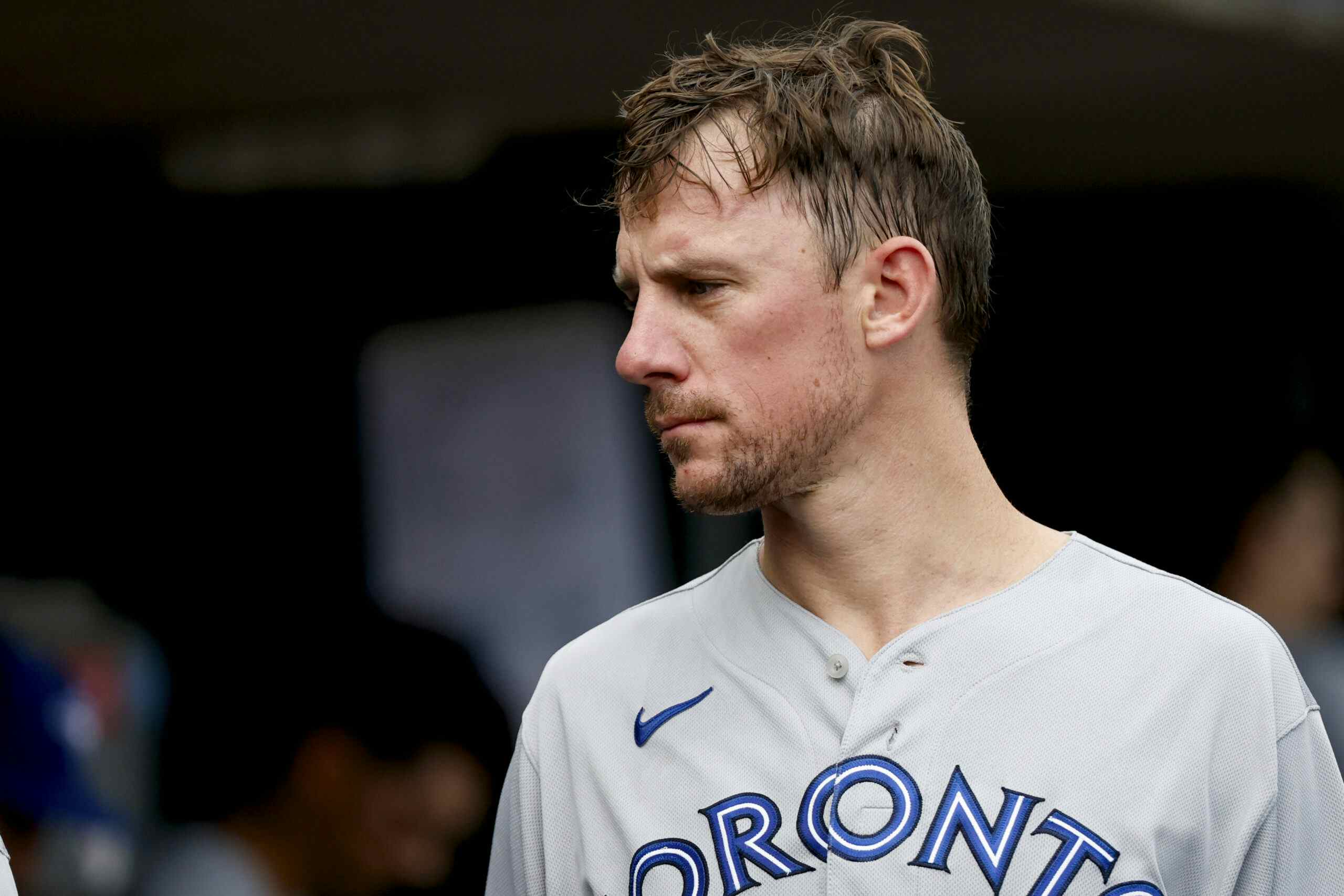There’s a key lesson to be learned from the Washington Nationals’ excellent story
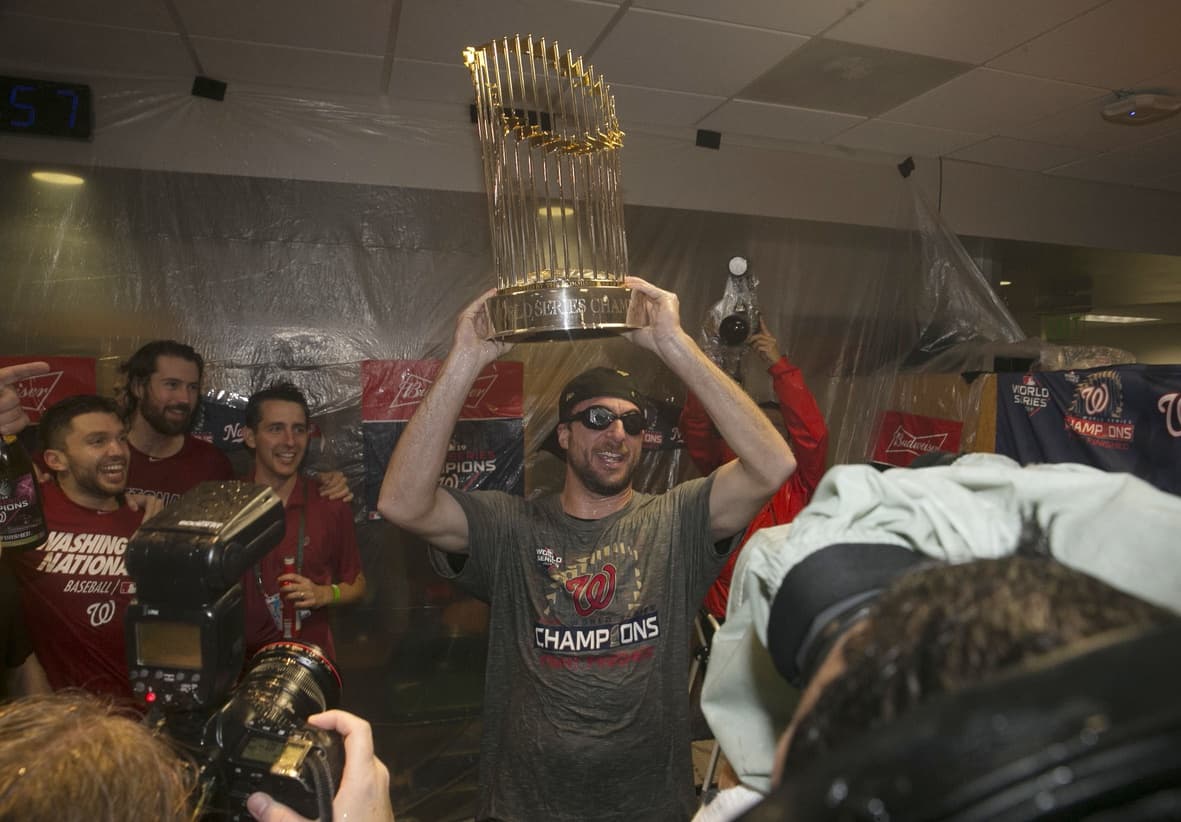
By Cam Lewis
4 years agoThe Washington Nationals, just as we all predicted, are World Series champions. The Little Team That Could, against all odds, just kept chugging their way along and ultimately slayed the dragon known as the Houston Astros, who pretty much everyone had already crowned as champs before the series began.
This, of course, is a big win for everybody, because we didn’t have to witness an incredibly unlikable organization get validated. I mean, I have nothing against Astros fans or a good chunk of the players on the team — some people find the team cocky but I really don’t think that’s necessarily a bad thing — but watching that front office get baseball’s biggest pat on the back would have been frustrating.
Anyways, fuck the Astros, there’s no need to give them any more attention than they’ve already had. Their social ineptness and lack of any kind of moral compass was a massive black eye on the post-season this year and the wildly endearing Nationals taking home the World Series felt like justice being served. So, let’s talk about them.
The story of the 2019 Nationals is an incredible one. Over the off-season, franchise icon Bryce Harper said fuck it and packed up and left for a division rival in Philadelphia. The Nationals, who finished the previous season with a disappointing 82-80 record, seemingly had their contention window slammed shut with his departure.
They got off to a horrible start to the season, sitting with a 19-31 record in late May. For the sake of comparison, the Blue Jays had a 20-20 record at that time. They were 10 games back of the Atlanta Braves for the division lead, with Harper and the Phillies also eight-and-a-half games ahead. Washington would pull themselves together after that, rolling into the All-Star break with a 47-42 record. They would go on an absolute tear in the second half, putting up a 46-27 record, capped off by an eight-game winning streak heading into the playoffs, highlighted by a five-game — yes, FIVE-GAME — sweep of the Phillies in Philadelphia.
The Nationals had an eighth-inning comeback in the wild card game to beat the Brewers, they came back from 2-1 down in the NLDS with a late-game comeback in Game 5 against the Dodgers, and then they came back from 3-2 down to beat the Astros in the World Series. In the process, they became the first-ever team to win all four road games in a playoff series, which is the perfect bow on top of this incredibly random championship.
Beyond just their wild, neverending come-from-behind story, the Nationals were loaded with likable individual anecdotes, like Juan Soto hitting the big stage and becoming a superstar at the tender age of 21, Anthony Rendon emerging from Harper’s shadow to be the true clutch star of the team, Howie Kendrick coming up with huge hits when most didn’t even realize he was still in the league, future Hall of Famer Max Scherzer winning a World Series after coming up short so many times, Stephen Strasburg coming through on his prodigy billing from the 2009 draft with an MVP performance, nearly-unemployed reliever Daniel Hudson recording the final outs in the ninth inning, and first-ever Nationals draft pick Ryan Zimmerman finally winning after being through literally everything with the club.
All of that is great. If you’re into narratives and individual storylines, then the Nationals are the team for you. But beyond all of that stuff, this Nationals team can teach an important lesson about success in Major League Baseball. At the end of the day, the Nationals were able to scratch and claw their way to an improbable World Series because they refused to cheap out on pitching.
Sports always have a copy cat element to them. When a team finds success, everybody looks at what they’re doing differently and they try to emulate it. Like in 2014 and 2015 when the Kansas City Royals went on back-to-back runs to the World Series, the focus became putting together a loaded bullpen that could come in and shut things down completely for four or even five innings. That translated into Cleveland using Andrew Miller as basically a middle-innings closer in 2016, altering the conventional idea of the closer.
But the 2019 Nationals brought us back to the old-as-time reality that nothing beats good starting pitching. While baseball, in its pursuit of hyper-efficiency, has started to move away from the traditional work-horse aces who can pitch 300 innings a year and blow the ball by everyone over and over and over again, instead starting to favour deep pitching staffs and utilizing the science that supports only ever facing a lineup once, the Nationals went old school. They had a few really good starters and they squeezed out four wins against a historically-good offence because of them.
When the Nationals let Harper walk this off-season, it wasn’t just them being cheap. They had already signed Patrick Corbin, arguably the best free-agent starter on the open market, to a $140 million deal. Seeking more starting depth, the Nationals also inked veteran Anibal Sanchez to a two-year deal worth $25 million. These were additions to a rotation that consists of Strasburg, Washington’s former No. 1 overall pick who they paid $175 million to keep around long-term in 2016, and Max Scherzer, who was given a $210 million contract in free agency.
All three of their expensive pitchers made a difference late in the series. Strasburg’s gem in Game 6 forced Game 7 in which Scherzer was able to grind through five innings despite him being in so much pain a couple of days earlier that he couldn’t dress himself. After Scherzer worked through five innings, Patrick Corbin came in and carved the Astros apart for three innings to set up the win.
And that’s just the Nationals. A key reason why Houston got to where they were was because of their pitching rotation. The Astros’ Big Three of Justin Verlander, Gerrit Cole, and Zack Greinke were all expensive pitchers acquired through trades. When you add it all up, only one of the six key starters in this World Series was internally developed. That was Strasburg. The rest were the result of the two teams going all-in, either through trade or free agency. The two best teams in baseball this year didn’t cheap out on their starting pitching and it paid off.
This isn’t a ground-breaking take by any stretch of the imagination. What I’m pointing out here really is just the obvious. Starting pitching is really, really, really important.
At some point, the Blue Jays are going to have to open up their wallets in order to put together a championship-calibre rotation. There are plenty of prospects worth getting excited about, but this isn’t an aspect of the roster in which you can cut corners. Whether it’s through big free agent signings like Washington made or blockbuster trades like Houston made, you can go out and acquire elite starting pitching. The price is certainly high, but it’s worth it.
Recent articles from Cam Lewis
